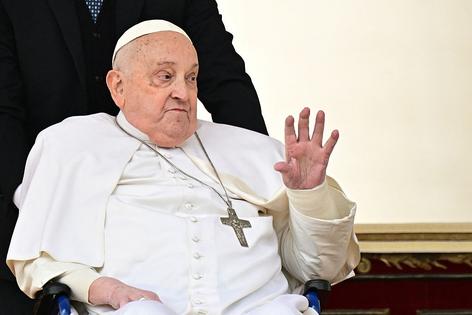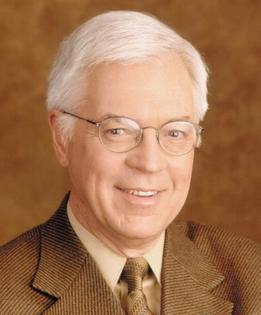Pope Francis: The Down-to-Earth Pope
It’s a lesson we all learned a long time ago: no matter what plans we make, unexpected events can pop up and change everything. It’s a lesson I learned again this week.
Here I am in Bologna, Italy, having decided to escape to Italy for a few weeks to study Italian and get as far away from politics as I could. Good plan. But, due to one big, unexpected event, I’m suddenly in the middle of another political campaign – a campaign for the next pope. Which is especially relevant for residents of Bologna, since Cardinal Matteo Zuppi, the very popular archbishop of Bologna and close friend of Pope Francis, is considered one of the leading candidates, or “papabile,” to succeed him.
Of course, this election has global, not just national, consequences. It’s about a lot more than who will be the next pope. It’s about what direction the Catholic Church – the world’s largest Christian church, with 1.4 billion baptized Catholics as of 2024 – will take in the future. Will it continue the open-arms, progressive outreach of the church, preached and practiced by Pope Francis till his dying day? Or will it go backward toward the closed door, ultra-conservative policies of Pope John Paul II and Benedict XVI?
In one respect, this campaign is different from any other political campaign. Since Catholics believe it’s the Holy Spirit, not the cardinals themselves, who decides the next pope, it’s considered inappropriate to openly seek the office or campaign for it. But, as last year’s great film “Conclave” showed, that doesn’t prevent a lot of wheeling and dealing in countless conversations, dinners or phone calls ahead of the conclave. And some cardinals make sure the media sees them as serious contenders.
The night Francis died, I watched an hour-long special about his papacy on Italian television, largely narrated by a cardinal I’d never heard of. Turns out he’s another leading papabile, Luis Antonio Tagle from the Philippines, dubbed the “Asian Francis.” The next morning, the aforementioned Cardinal Zuppi of Bologna had an op-ed in “La Repubblica,” Italy’s largest newspaper, praising the progressive policies of St. Francis and making the case for more of the same. They’re off and running!
Given the worldwide importance of the election, it’s surprising that it will be decided by only 135 voters – fewer than some Manhattan co-op boards. Once they’re locked inside the Sistine Chapel, anything could happen. But chances are, despite the efforts of some extremely conservative American bishops to turn back the clock, the Vatican’s not going to swing to the far right.
Consider the math. Out of a total 252 cardinals, only 135 are under 80 years of age and thereby eligible to vote – of whom Pope Francis elevated 108. In other words, four out of every five cardinals casting a ballot will be Francis-born. They’re unlikely to repudiate the man they admire and owe their job to by choosing an ultra-conservative pope. Instead, they’re more likely to choose a pope committed to carrying on Francis’ legacy. But his shoes will, indeed, be hard to fill.
True, Pope Francis didn’t go as far as progressive Catholics wanted him to go. He stubbornly refused to consider ordaining women as priests; he welcomed LGBTQ Catholics, but still treated them as second-class citizens. But he probably pushed the church as far as he could, and set a powerful example for public service.
Pope Francis was the real deal. He was not a pope on a pedestal, he was a pope on the streets. He didn’t hang out with the high and mighty, he spent his time with the poor, with criminals and immigrants, with the “ultimi,” the last of the last, those who needed help the most. He slept in a guest house on Vatican grounds rather than in the opulent Papal Palace, he was driven around in a little car, no limousine, and wore black loafers instead of Gucci papal red shoes. Italians called him “a pope like us.”
He was the first pope to recognize the danger of climate change and make it a top priority. He opposed the war in Ukraine and Netanyahu’s relentless bombing of Gaza. He championed the cause of immigrants and blasted politicians who exploit their plight for political gain.
As Cardinal Zuppi wrote, Pope Francis saw his position of power, “not as an office, but as a service.” In him, the world had a leader who used his power to unite, not to divide; and to serve others, not to enrich himself. We poor Americans got stuck with just the opposite.
========
(Bill Press is host of The BillPressPod, and author of 10 books, including: “From the Left: My Life in the Crossfire.” His email address is: bill@billpress.com. Readers may also follow him on Twitter @billpresspod and on BlueSky @BillPress.bsky.social.)
©2025 Tribune Content Agency, LLC.



























Comments